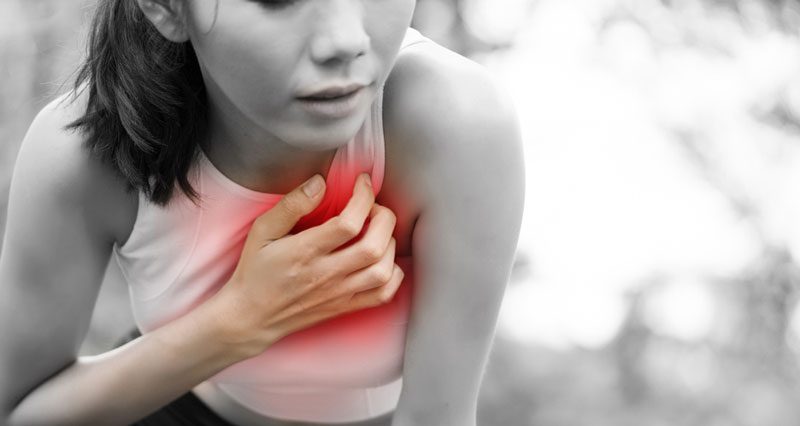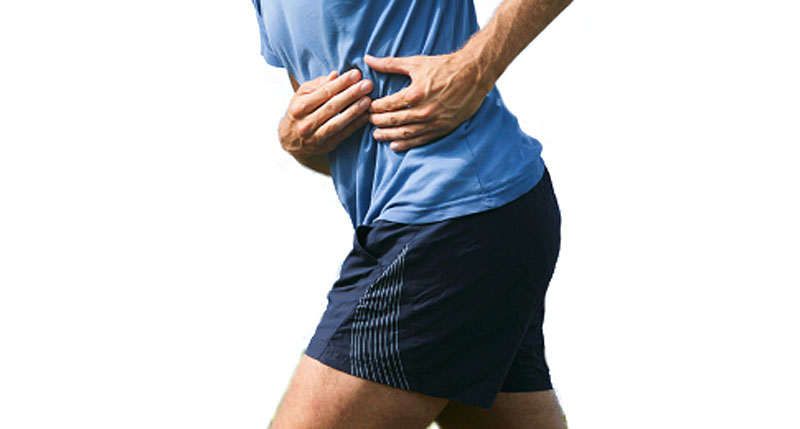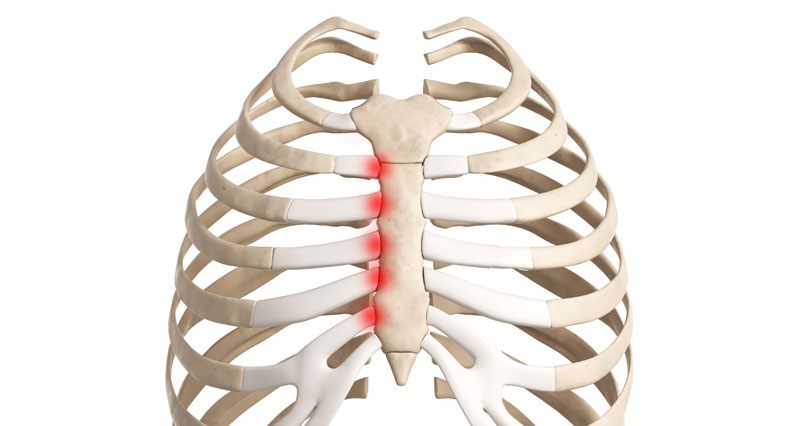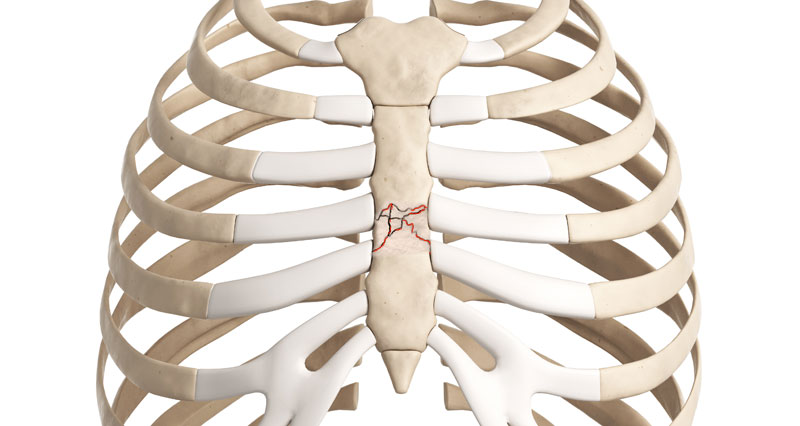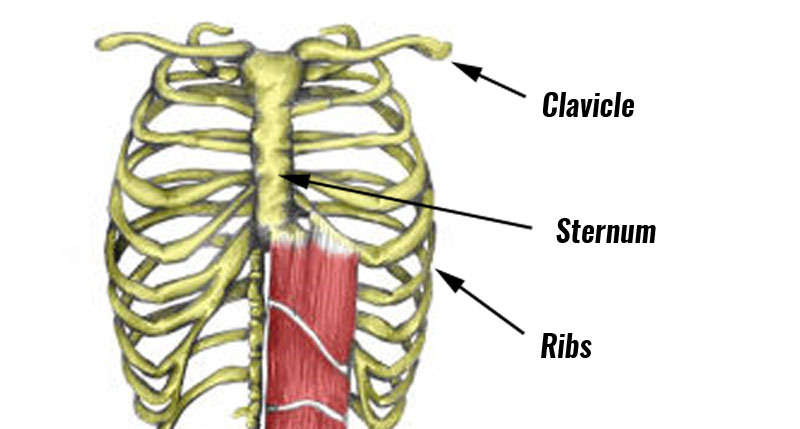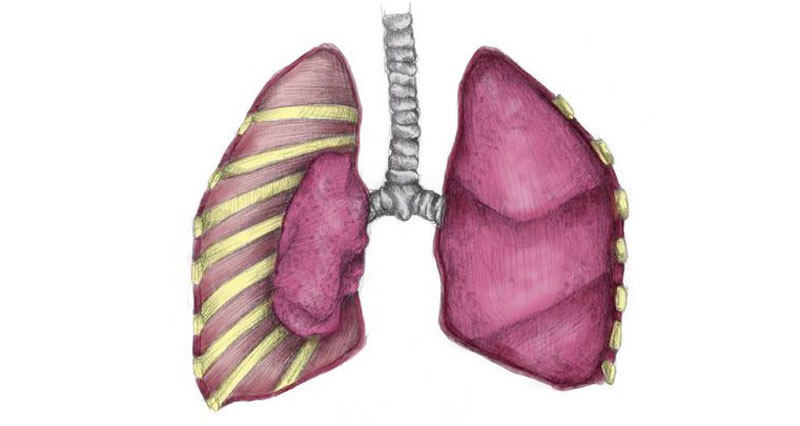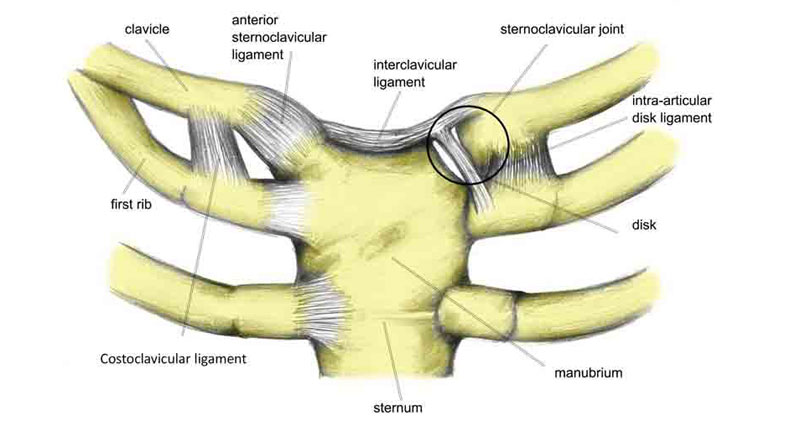Chest pain in athletes can be from a number of causes. Thankfully, cardiac chest pain in athletes is rare. A range of conditions causes pain in the chest. These include muscular pain and pain referred from the thoracic spine. However, you should always rule out cardiac chest pain.
What causes cardiac chest pain in young athletes?
- Coronary heart disease.
- Hypertrophic cardiomyopathy.
- Aortic stenosis.
- Acute pericarditis.
- Pulmonary embolism.
If after examining you your doctor suspects cardiac chest pain, they will refer you for a resting Electrocardiogram (ECG). If your ECG is normal then you may need to do an exercise test.
Sudden cardiac death syndrome
Another name for Sudden cardiac death syndrome is sudden arrhythmic death syndrome (SADS). It is uncommon, especially in athletes and people who exercise regularly.
In younger athletes (under 35), the most common cause of sudden cardiac death is Hypertrophic cardiomyopathy or other structural congenital conditions.
Marfan syndrome is another cause of sudden cardiac death in young athletes. However, your doctor is likely diagnose Marfan syndrome a young age. If you have it then you are advised to avoid high-intensity exercise.
In older athletes, Coronary heart disease is the most common cause or cardiac chest pain, followed by mitral valve prolapse.
Hypertrophic cardiomyopathy
Hypertrophic Cardiomyopathy (HCM) is the most common cause of sudden cardiac death in the sporting population. HCM is a disease of the cardiac (heart) muscle resulting in an enlarged (hypertrophied) left ventricle wall. HCM is divided into two types – obstructive and non-obstructive. Obstructive HMC refers to the obstruction of the blood flow to the left ventricle.
There are rarely any cardiac symptoms or chest pain to indicate the presence of this condition before a sudden collapse during exercise. In those who do demonstrate early symptoms, these may include:
- Chest pain.
- Palpitations.
- Syncope (fainting).
If HMC is suspected, an ECG may demonstrate ST segment and T wave abnormalities and a prominent Q wave. The investigation of choice, however, is an Echocardiogram. A hypertrophied left ventricle that is not dilated and no evidence of other conditions indicates the presence of HCM.
The vast majority of cases of sudden death caused by HCM occur in males.
